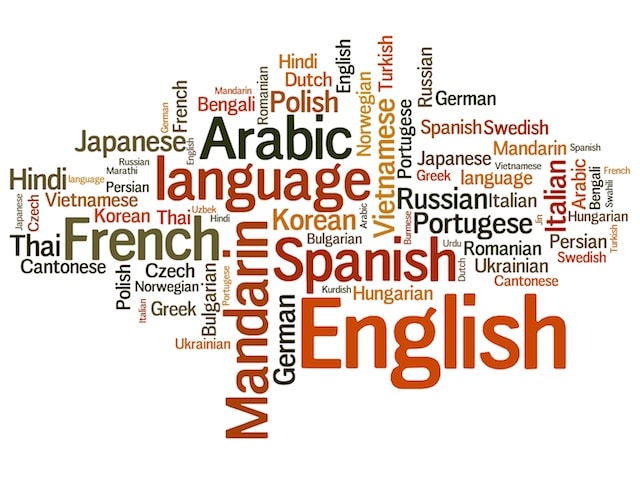CREOLE LANGUAGE
Understanding The Creole Language & Providing Professional Creole Interpreters, Translators and Transcriptionists
American Language Services? (AML-Global) understands the importance of working in the Creole language. For over a Quarter of a Century, American Language Services ?has worked with the Creole language as well as hundreds of others from around the world. We offer comprehensive language services 24 hours, 7 days a week worldwide by providing Creole interpreting, translation and transcriptions services along with hundreds of other languages and dialects. Our linguists are native speakers and writers who are screened, credentialed, certified, field tested and experienced in a number of specific industry settings. The Creole language is unique and has very specific origins and characteristics.
Occupation, Revolution and Culture of Haiti
Spoken in the Caribbean and Haiti, Creole is a stable language that originates as a nativized pidgin (simplified form of language). Haiti is a Creole- and French-speaking Caribbean country. Along with the Dominican Republic, it occupies the island of Hispaniola, in the Greater Antillean archipelago. Like many island republics, Haiti has a history of colonization and revolution, particularly with the French. The French Revolution contributed to social upheavals in Saint-Domingue and the French and West Indies. Most important was the revolution of the slaves in Saint-Domingue, starting on the northern plains in 1791. Today Haiti remains independent and thrives mainly on tourism but has a strong and very vibrant culture built upon its storied history. Haitian culture is a mixture of primarily French, African elements, and native Tano. With some lesser influence from the colonial Spanish as well as minor influences from colonial Portuguese. The country’s customs essentially are a blend of cultural beliefs that derived from the various ethnic groups that inhabited the island of Hispaniola.
The Relationship Between Pidgins and Creoles
The relationship between pidgins and creoles and their similarities means that the distinction is not clear-cut and the variety of phenomena that arise to create pidgins and creoles are not well understood. The term Creole comes from French Creole, from Spanish criollo, and from Portuguese crioulo. By the very nature of the subject, the creoleness of a particular Creole usually is a matter of dispute. The parent tongues may themselves be creoles or pidgins that have disappeared before they could be documented. This specialized form of language is difficult to learn from a scholarly standpoint; therefore it is essential to use a native speaker who is able to accurately translate Creole.
Foreigner Talk and Creole
An interesting theory to consider when talking about Creole and Pidgin is the notion that natives literally adapt their language and modify it, in order for foreigners to understand it. This is understandable in a place that thrives on tourism and the financial vitality of a street vendor may depend on whether or not he or she is able to communicate effectively with a foreigner. Because of the similarities found in this type of speech and the speech which is usually directed at children, it is also sometimes called baby talk.
Who are You Going to Trust with Your Vital Creole Language Needs?
The Creole language is an important language worldwide. It is vital to understand the general nature and specific idiosyncrasies of Creole. Since 1985, AML-Global has provided outstanding Creole interpreters, translators and transcriptionsts worldwide.
























